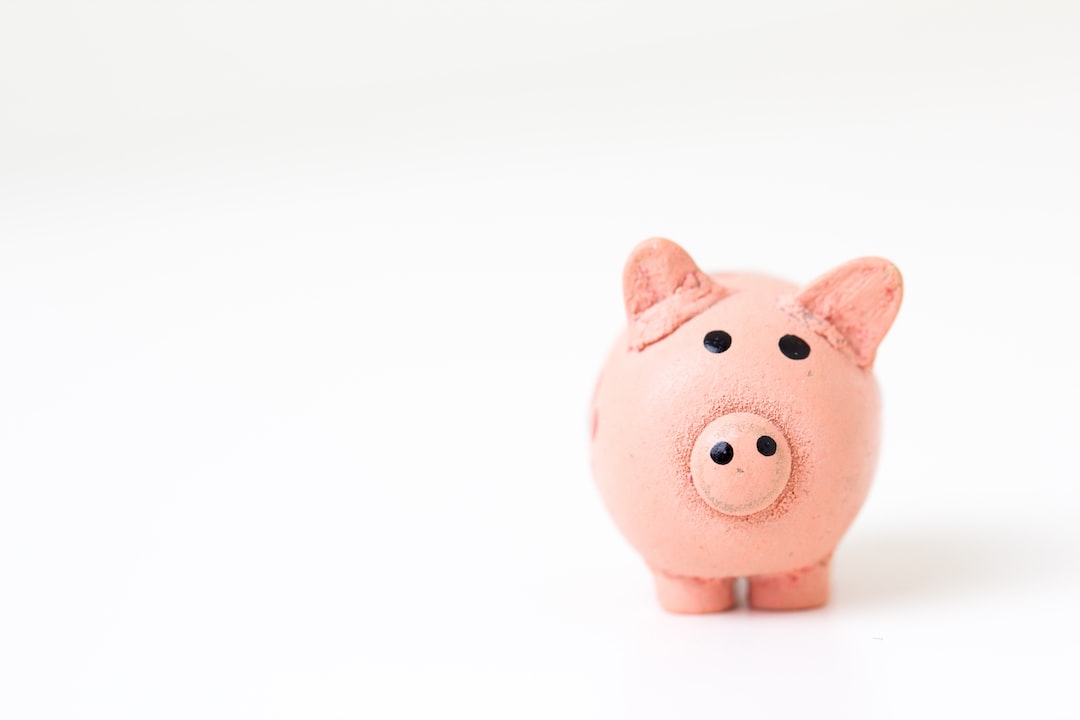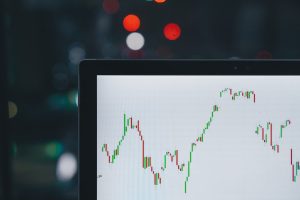Forex trading, also known as foreign exchange trading, is the buying and selling of currencies with the aim of making a profit. It is one of the most popular forms of trading in the financial market, with traders from all over the world participating in it. Investing in forex trading can be a lucrative venture, but it requires knowledge and skills to succeed. In this article, we will explain how to invest in forex trading.
1. Learn the Basics of Forex Trading
Before investing in forex trading, it is essential to learn the basics of forex trading. This includes understanding the forex market, the currency pairs, and the factors that affect currency prices. The forex market is the largest financial market in the world, with over $5 trillion traded daily. It is a decentralized market, which means that there is no central exchange where all trades take place. Instead, the market is made up of a network of banks, financial institutions, and individual traders.
Currency pairs are the instruments that are traded in the forex market. They consist of two currencies, with the first currency being the base currency and the second currency being the quote currency. For example, in the EUR/USD currency pair, the euro is the base currency, and the US dollar is the quote currency.
Factors that affect currency prices include economic indicators, political events, and central bank policies. Economic indicators such as GDP, inflation, and employment data can have a significant impact on currency prices. Political events such as elections, trade agreements, and geopolitical tensions can also affect currency prices. Central bank policies such as interest rate decisions and monetary policy can have a significant impact on currency prices.
2. Choose a Forex Broker
Once you have learned the basics of forex trading, the next step is to choose a forex broker. A forex broker is a company that facilitates the buying and selling of currencies in the forex market. There are many forex brokers to choose from, so it is essential to do your research and choose a reputable broker that is regulated by a financial authority.
When choosing a forex broker, consider factors such as the trading platform, the types of accounts offered, the minimum deposit required, the fees and commissions charged, and the customer support provided. A good forex broker should offer a user-friendly trading platform, a range of account types to suit different trading styles and budgets, low fees and commissions, and excellent customer support.
3. Develop a Trading Strategy
A trading strategy is a set of rules and guidelines that a trader uses to make trading decisions. Developing a trading strategy is essential for successful forex trading. A trading strategy should be based on the trader’s goals, risk tolerance, and trading style. There are many trading strategies to choose from, including trend following, swing trading, and scalping.
A trend-following strategy involves following the direction of the market trend and entering trades in the direction of the trend. A swing trading strategy involves holding positions for a few days to a few weeks, taking advantage of short-term price fluctuations. A scalping strategy involves making many small trades with the aim of making a small profit on each trade.
4. Practice with a Demo Account
Before investing real money in forex trading, it is essential to practice with a demo account. A demo account is a simulated trading account that allows traders to practice trading without risking any real money. Most forex brokers offer demo accounts, which are a great way to test different trading strategies and get comfortable with the trading platform.
When practicing with a demo account, it is essential to treat it as if it were a real trading account. This means setting realistic goals and risk management strategies and sticking to them. It is also essential to track your progress and learn from your mistakes.
5. Start Trading with a Small Amount
Once you have practiced with a demo account and developed a trading strategy, it is time to start trading with a small amount of real money. It is essential to start small and gradually increase your trading capital as you gain experience and confidence. It is also essential to manage your risk by setting stop-loss orders and limiting your exposure to any one currency pair.
In conclusion, investing in forex trading can be a profitable venture, but it requires knowledge, skills, and discipline. By learning the basics of forex trading, choosing a reputable forex broker, developing a trading strategy, practicing with a demo account, and starting small, you can increase your chances of success in the forex market.






